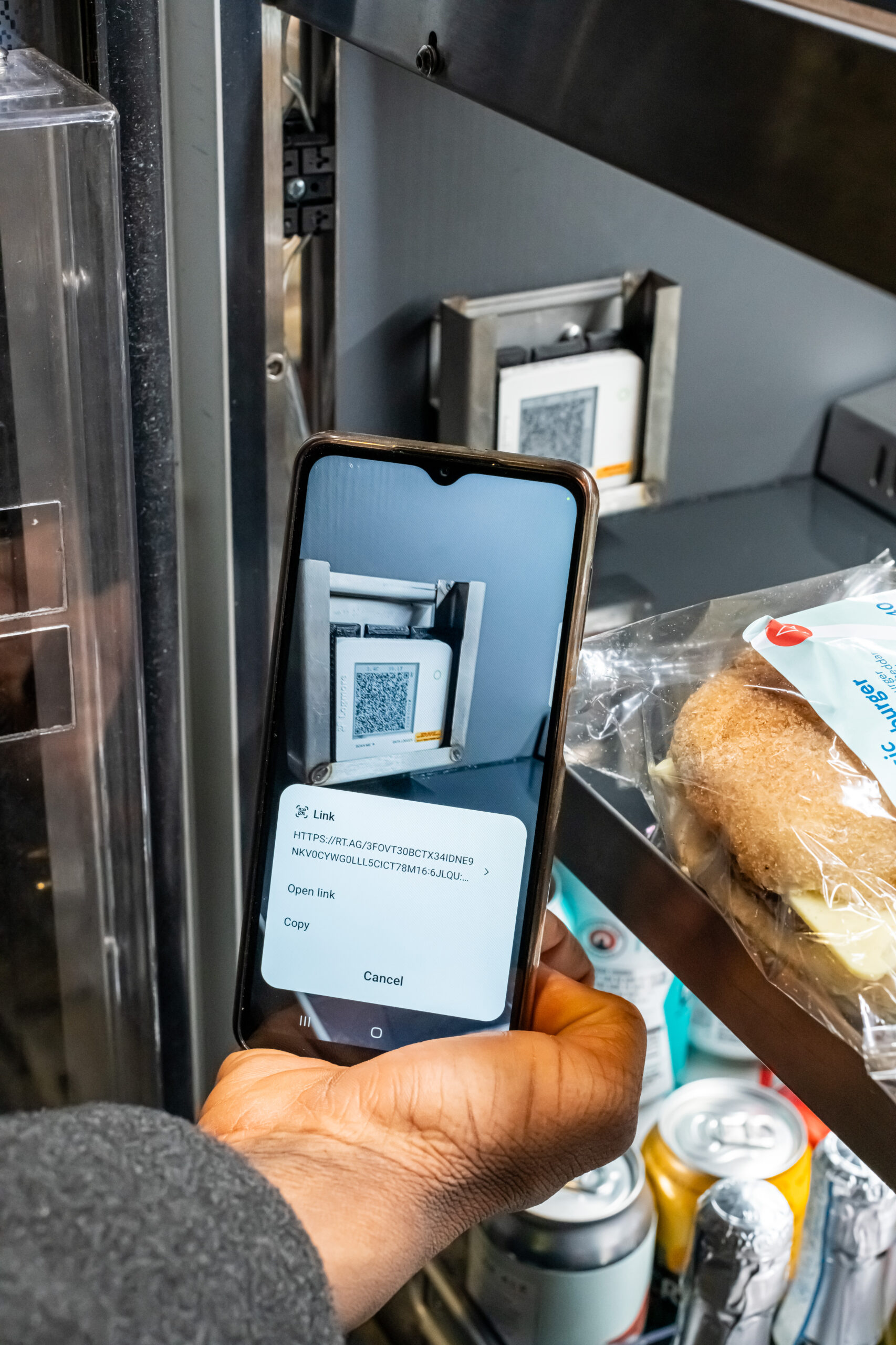Retailers are moving ever closer to the ‘just in time’ supply chain model, and a transformation in the speed and responsiveness of distribution centre (DC) operations is a key component at the heart of this change. From managing complex food logistics to meeting customer promises for rapid delivery, efficiency is paramount for logistics providers to succeed in both inbound and outbound processes; prioritisation and automated smart technological solutions are crucial, particularly in the peak seasons. So how can this fluidity be achieved?
Pinch points
Retail logistics still has a number of flaws and there are common pinch points within processes that add significant costs and jeopardise the delivery of ‘just in time’ optimisation. One of the largest problems is the continued reliance on the manual coordination of dock scheduling within the DC. Ensuring transport arrives on time and at the correct loading bay for example, with the right staff available and the correct specialist equipment is no easy feat and rarely completed without mishap. Many DCs are still relying on paper-based systems and the result is a multitude of trucks left waiting unnecessarily and staff working overtime or paid to sit around in between arrivals. There is no prioritisation and no transparency, which are clearly crucial aspects of any successful logistics operation. Retailers need access to this adaptability and flexibility in order to meet rising customer demand on time.
Combatting costs
Not only that, but without a streamlined approach there are unnecessary staff and vehiclecosts, on top of damages costs for short shelf life products such as fresh or frozen produce. Delays easily result in spoilage, and this failure to prioritise goods for distant stores over local, compromises the in-store customer experience, especially when these complications are combined with rising returns volume. It’s these delays that will cost entire shipments; and carriers may also impose penalties if drivers are experiencing excessive wait times for both delivery and collection.
Clearly the costs severely outweigh any reason not to improve DC and warehouse efficiency. With visibility and control over the dock appointment process, retailers can efficiently allocate the right resources – from staff to specialist equipment – at the right time.
Leveraging efficiencies
Proactive, collaborative dock scheduling can allow carriers and suppliers to request specific time slots and appointments, and a smart technological solution can take the work away from paper-based systems to automatically allocate and offer slots based on the goods’ priority and availability of space, staff and the relevant off-loading equipment. This insight allows retailers to become far more sophisticated in prioritising activity and considering customer demand and delivery locations.
Bookings made in this way, based on priority, and assessed and optimised in line with capacity ensures a smooth transition between inbound and outbound activity – and with this complete visibility of the dock management process, retailers can begin to explore trends in operations.
The system can track and identify if certain carrier performance is below par and whether there are drivers or trucks that spend 120 minutes on site each time, rather than the 80-minute average – affecting other organisations within the supply chain. Enabling logistics service providers to challenge and change any negative behaviour. This tracking feature also allows for metrics that show ‘on time’ performance and ‘no show’ reports by carrier or supplier; and it can identify a specific delivery – driver or load type – that takes longer than the norm to load or unload. This can enable retailers to work proactively with carriers to improve performance and, if required, open a dialogue with suppliers about their carrier choice and the associated business impact.
Transformative change
With every appointment automatically scheduled and confirmed online, and drivers given specific time slots and dock numbers, the operations at warehouses and DCs can be transformed. For suppliers and carriers alike, it means avoiding time consuming delays while lorries wait for a dock to be available and activity can be confidently scheduled. For retailers this efficient operation means avoiding costly delays and minimising wastage; while staffing levels can be optimised to reduce costs, avoiding both overtime and slack periods. Gate guards can also access the same information to ensure only booked trucks are allowed in – and directed to the correct location; alternatively, number plate recognition can be used to automate secure entry.
Not only does this system eradicate the environmental impact of trucks with engines running overtime to ensure the correct ambient temperature of goods; it also minimises the knock-on effects on the carrier’s route planning – from drivers at risk of exceeding permitted drivers’ hours to compromising relationships due to delayed delivery. For large-scale and fast-moving supply chains, the ability to efficiently manage and meet customer demands in this way is critical for success, and by organising this in line with resources and capacity in real time, the logistics landscape can be transformed to address pinch points and overcome challenges. By having an intelligent insight driven, metric measured system recommending appointment times based on true receiving capacity, retailers can achieve new and essential levels of control within key areas of their operations.
– Pól Sweeney, Vice President of UK Sales and Business Management at Descartes













